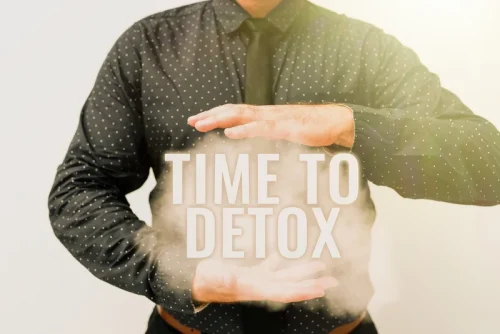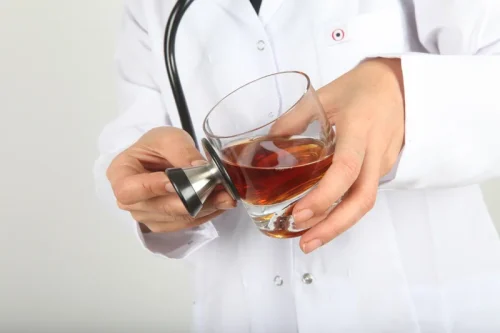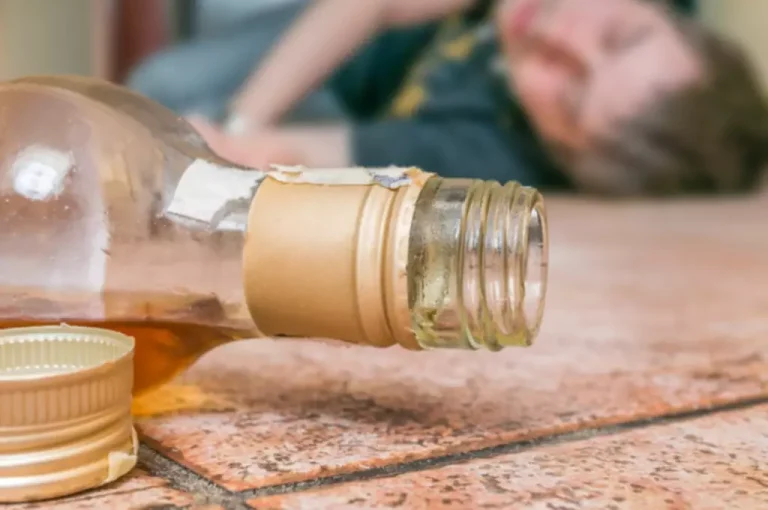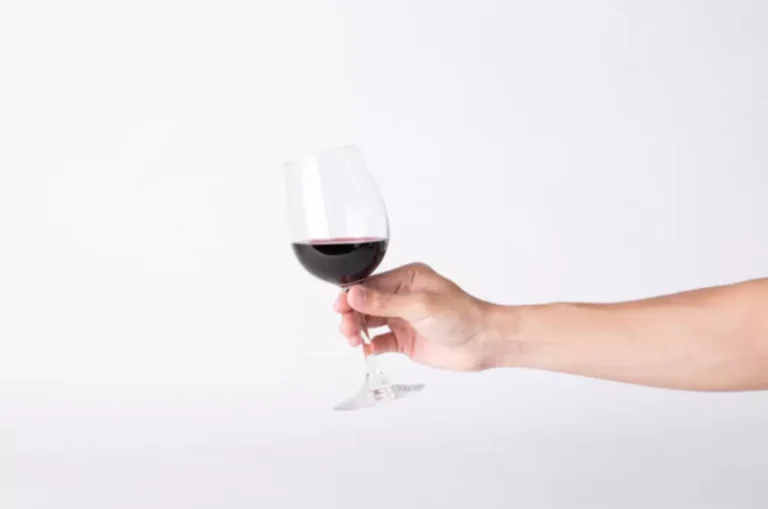What to Know About Alcohol and Diabetes

That effect has been observed in both type 1 and type 2 diabetics as well as in nondiabetics (Arky and Freinkel 1964). Hypoglycemia can have serious, even life-threatening, consequences, because adequate blood sugar levels are needed to ensure brain functioning. Diabetes and alcohol consumption are the two most common underlying causes of peripheral neuropathy. Among diabetics, the prevalence diabetes and alcohol of neuropathy with obvious symptoms (i.e., symptomatic neuropathy) increases with increasing disease duration. That increase in prevalence was most apparent in patients with a disease duration of less than 4 years. Other researchers observed that the prevalence of neuropathy in type 1 diabetics increased in a linear fashion with the alcohol amount consumed (Mitchell and Vinik 1987).

Wine and Diabetes
These provide around 13 grams of carbs, of which 12 grams are from sugar, for every 2 ounces (60 grams) of liqueur (37). Dessert wines, such as vermouth, port, and sherry, are also high in carbs. As the name of these drinks implies, people typically serve them after a meal (36).

Diabetes Management –
People often think of this as a “healthy” cocktail due to its vegetable content. However, the carb content of your drink may vary depending on what you mix the liquor with. Generally speaking, low carb beers may have up to 37% fewer calories and 80% fewer carbs than regular beers (8, 9).

The Alcohol and Diabetes Guide
Thus, you should drink in moderation and follow the practices listed above. The best types of alcohol for people with diabetes are those with a low sugar or carb content. Since it doesn’t contain juices or other mixers, it contains 0.2 grams of total carbs in a 4-ounce (120-mL) drink. This makes it a good choice for people with diabetes — provided you drink it in moderation (25). Studies show that drinking it may improve heart disease markers and reduce the risk of diabetes-related complications such as diabetic retinopathy, which damages blood vessels in the eyes (16, 20). The 2020–2025 Dietary Guidelines for Americans define moderate alcohol intake as up to 1 drink per day for women and up to 2 drinks per day for men (7).
- Vomiting can lead to either low blood sugars (if you puked food that you’ve taken insulin for) or potentially diabetic ketoacidosis (DKA)—even if your blood sugar levels are normal.
- Excessive or binge drinking is defined as having more than five alcoholic beverages in a two-hour time span for men, or four for women.
- Second, diabetics who have consumed alcohol, particularly those with type 1 diabetes, experience a delayed glucose recovery from hypoglycemia.
- This is particularly important for people with diabetes to recognize.
Diabetes and alcohol
The first function, which involves most of the pancreatic cells, is the production of digestive enzymes. Those enzymes are secreted directly into the gut to ensure effective food digestion. Two of the hormones (i.e., insulin and glucagon) are potent regulators of blood sugar levels.

Therefore, to avoid alcohol-related hypoglycemia and its consequences, diabetics should consume alcohol only with or shortly after meals. Individuals who use glucose-lowering drugs, especially insulin and sulfonylureas, should aim to keep critically aware of their blood glucose levels while drinking and for up to 24 hours afterward. In addition, alcohol consumption may excessively raise or lower your blood sugar levels, depending on the drink and whether you have eaten recently (2). Diabetes causes lower-than-normal production or function of insulin — the hormone that helps control your blood sugar levels — so blood sugar management is important (1).
People who frequently consume a lot of alcohol can wipe out their energy storage in a few hours. It is very common for blood sugar levels to spike shortly after drinking due to sugary mixers, and then dramatically drop low hours later when you are likely sleeping. Whether you have type 1 or type 2 diabetes, it’s important to count your carbs and monitor your blood sugar while drinking. Remember, hard alcohol by itself has zero carbs and will not raise your blood sugar but still can put you at risk for low blood sugar that can occur hours after hard liquor ingestion. Your liver is releasing this stored glucose every day and night to give your brain and body the fuel it needs to function.
USDA National Nutrient Database UCSF Medical Center 7/05
At this point, alcohol can affect blood sugar in ways that are especially important for people with type 2 diabetes. This is because the liver is where excess glucose is stored in a form called glycogen. Pettus tells attendees to his talks that after an evening of drinking, if their blood sugars are under 180 mg/dL, they should consider eating a snack before bedtime that they won’t take any insulin for. https://ecosoberhouse.com/ Aside from the fact that most “servings” are larger than the recommended serving, very few people — with or without diabetes — follow these limits. Remember that each round of drinks increases the complexity of balancing booze and blood sugar levels. Although alcohol does have an effect on blood sugar levels, with a few precautions and careful management, people with diabetes can also enjoy a drink.

Drinking just gets more complicated when you consider the immediate impact that “carby” beverages have on your blood sugar levels. The most important thing to know is that alcohol consumption can cause a significant blood sugar drop (hypoglycemia). On the other hand, traditional cocktails, dessert wines, and cream liqueurs tend to have higher sugar counts, which may spike your blood sugar levels. For instance, a standard 5-ounce (150-mL) glass of white wine also provides 3.8 grams of carbs (22).
